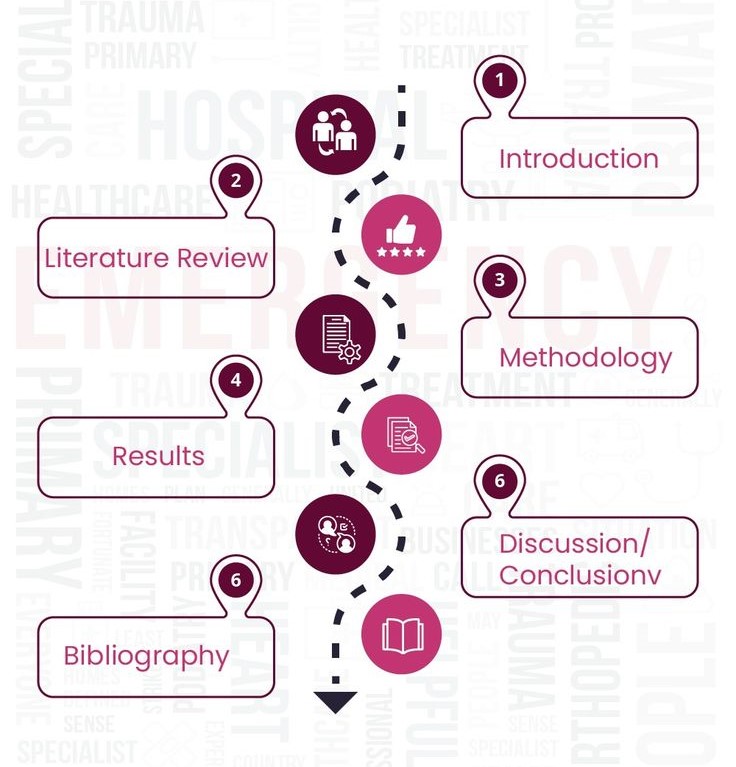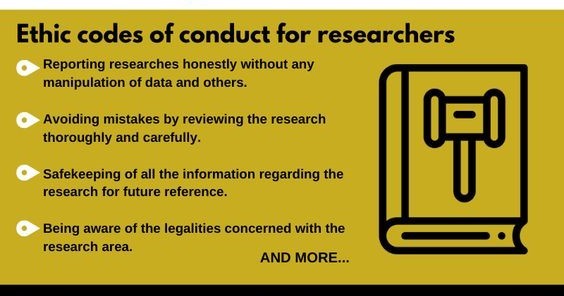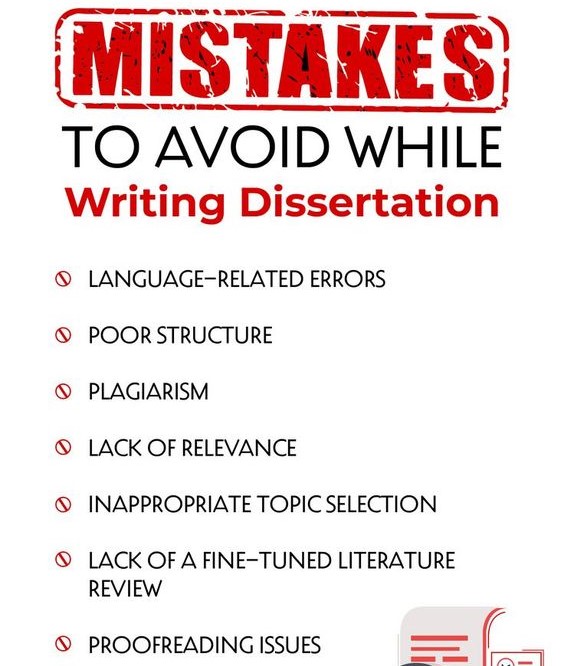The nursing dissertation is the culmination of your academic journey, a testament to your intellectual prowess and dedication to the field. It's an opportunity to make a unique contribution to nursing knowledge and advance the profession. However, the process of nursing dissertation writing can seem daunting, especially considering the rigorous standards and extensive research required.
This comprehensive guide provides a roadmap to navigate the complex terrain of nursing dissertation writing, equipping you with the knowledge and strategies to craft a truly winning dissertation.
What is the Purpose of Nursing Dissertation Writing?
The purpose of dissertation writing is multifaceted and can be summarized as follows:
For the student:
- Demonstrate mastery of a specific field of study: A dissertation is the culmination of years of academic research and learning, showcasing the student's ability to conduct original research, analyze data, and present findings in a scholarly manner.
- Develop critical thinking and research skills: The process of researching, analyzing, and writing a dissertation fosters the development of essential academic skills, such as critical thinking, analytical reasoning, problem-solving, and information management.
- Contribute to the existing body of knowledge: Dissertations aim to make original contributions to the field of study, expanding upon existing research or exploring new perspectives and areas of inquiry.
- Fulfillment of a degree requirement: A dissertation is typically a mandatory requirement for obtaining a doctoral degree, serving as a final assessment of the student's academic achievements.
- Prepare for future academic or professional careers: The experience of writing a dissertation equips students with the skills and knowledge necessary for a successful career in academia, research, or other fields that require advanced knowledge and research abilities.
For the academic community:
- Advancement of knowledge: Dissertations provide new insights and findings that contribute to the ongoing development of knowledge in specific disciplines.
- Dissemination of research: Through publication and presentation, dissertations make research findings accessible to a wider audience, fostering dialogue and collaboration within the academic community.
- Identification of emerging trends and research priorities: Dissertations often highlight emerging research areas, informing future research agendas and directions within a particular field.
- Preservation of knowledge: Dissertations serve as a repository of original research, ensuring the preservation of valuable knowledge and insights for future generations of scholars.
Overall, the purpose of writing nursing dissertations is to demonstrate academic excellence, contribute to the advancement of knowledge, and prepare students for future careers in research and scholarship.
How to Craft an Impactful Nursing Dissertation

1. Choosing a Compelling Topic:
The foundation of a successful nursing dissertation lies in choosing a topic that is both relevant and engaging. This is where your passion for nursing and your critical thinking skills converge.
- Identify your area of interest: What aspects of nursing practice captivate your curiosity? Consider your personal experiences, clinical observations, and current trends in the field.
- Explore the literature: Delve into relevant scholarly articles, journals, and books to gain a deep understanding of existing research and identify gaps in knowledge.
- Consider your resources: Be realistic about the feasibility of your research project. Consider the availability of data, potential ethical considerations, and the time and resources you have at your disposal.
- Consult with your advisor: Your dissertation advisor is an invaluable resource. Discuss your interests, explore potential topics, and receive guidance on choosing a suitable research question.
2. Developing a Strong Research Question:
A well-crafted research question is the cornerstone of your dissertation. It acts as a compass, guiding your research and providing a clear focus for your study.
- Specificity: Avoid broad and general questions. Instead, frame a specific and focused question that can be answered within the scope of your dissertation.
- Feasibility: Ensure your research question is answerable within the constraints of your time, resources, and access to data.
- Relevance: Your research question should address a gap in the current literature and hold significant implications for nursing practice or policy.
- Clarity: Use precise language and avoid ambiguity. The question should be clear and understandable to your audience.
3. Crafting a Comprehensive Literature Review:
The literature review is your opportunity to demonstrate your understanding of the existing body of knowledge related to your research question.
- Conduct a thorough search: Utilize databases, journals, and other scholarly resources to identify relevant studies.
- Evaluate sources: Critically analyze the quality and credibility of your sources, focusing on peer-reviewed articles.
- Synthesize the information: Organize your findings logically and highlight key themes and trends.
- Identify gaps: Analyze the existing literature to identify areas where your research can make a unique contribution.
4. Choosing a Suitable Research Methodology:
The methodology section outlines the research design and data collection methods used in your study. This section must be meticulously detailed and clearly justified.
- Quantitative vs. Qualitative: Choose the approach that aligns with your research question and objectives.
- Data collection methods: Select appropriate methods such as surveys, interviews, experiments, or observation.
- Ethical considerations: Ensure your research adheres to ethical principles and safeguards participant rights.
- Data analysis techniques: Select appropriate statistical or qualitative analysis techniques to analyze your data.
5. Mastering the Art of Writing:
The writing process is the culmination of your research efforts. Effective writing is crucial for conveying your ideas clearly and persuasively.
- Structure and organization: Follow a logical and coherent structure, typically including an introduction, literature review, methodology, results, discussion, and conclusion.
- Clarity and conciseness: Use precise language and avoid jargon.
- Academic style: Adhere to the specified style guide, such as APA or MLA, ensuring consistent formatting and referencing.
- Proofreading and editing: Thoroughly proofread and edit your work for errors in grammar, punctuation, and style.
6. Essential Tips for Effective Nursing Dissertation Writing:
- Start early: Begin your dissertation well in advance of the deadline to allow ample time for each stage of the process.
- Break down the task: Divide the dissertation into manageable sections and create a realistic timeline for each.
- Seek feedback: Engage in regular discussions with your advisor and receive feedback from peers or colleagues.
- Stay organized: Maintain meticulous records of your research, references, and writing progress.
- Prioritize self-care: Allocate time for rest and relaxation to prevent burnout.
7. The Importance of Clarity and Coherence:
A winning dissertation is not merely a collection of information; it is a well-structured and compelling narrative that demonstrates your understanding of the chosen topic and your ability to synthesize and interpret findings.
- Clear argument: Present a clear and convincing argument that supports your thesis statement.
- Logical flow: Ensure a seamless transition between sections and ideas, creating a cohesive whole.
- Engaging writing style: Use vivid language and relevant examples to engage the reader.
8. Addressing Ethical Considerations:
Nursing research often involves human participants. Therefore, it is crucial to uphold ethical principles at all stages of the research process.
- Informed consent: Obtain informed consent from all participants before data collection.
- Confidentiality and anonymity: Protect participant identities and confidentiality.
- Beneficence: Ensure that your research benefits participants and does not cause harm.
- Institutional Review Board (IRB) approval: Obtain approval from the IRB before conducting your research.

9. Concisely Communicating Your Findings:
The dissertation's discussion section provides a platform for analyzing your research findings and drawing meaningful conclusions.
- Interpretation of findings: Explain the significance of your results and connect them to the existing literature.
- Limitations: Acknowledge any limitations of your study and discuss their implications.
- Recommendations for future research: Suggest avenues for further investigation based on your findings.
10. The Power of Strong Defenses:
The dissertation defense is the final stage of the process, where you present your research and answer questions from a committee of experts.
- Prepare thoroughly: Rehearse your presentation and be prepared to answer a wide range of questions.
- Maintain confidence: Approach the defense with confidence and a clear understanding of your research.
- Be open to feedback: Welcome constructive criticism and engage in thoughtful dialogue with the committee.
11. Publishing Your Dissertation:
Publishing your dissertation can significantly contribute to the advancement of nursing knowledge and enhance your professional standing.
- Journal submission: Consider submitting your work to relevant nursing journals.
- Book chapters: Explore opportunities to publish your dissertation as a book chapter or edited volume.
- Presentations: Present your findings at conferences and professional meetings.

Tips for Avoiding the Common Pitfalls in Writing Dissertations
- Procrastination: Establish a realistic timeline and stick to it.
- Scope creep: Avoid expanding the scope of your dissertation beyond what is manageable.
- Lack of focus: Stay focused on your research question and objectives.
- Plagiarism: Ensure all sources are properly cited to avoid plagiarism.
Crafting a winning nursing dissertation is a significant accomplishment that requires dedication, perseverance, and a strong commitment to excellence. By following the guidelines outlined in this article and seeking guidance from your advisor, you can successfully navigate the complexities of nursing dissertation writing and create a valuable contribution to the field. Remember, your dissertation is not merely an academic requirement; it is an opportunity to make a tangible impact on nursing practice and shape the future of the profession.
Professional Nursing Dissertation Writing Assistance
Are you stuck with a nursing dissertation? Then, engage Exemplary Dissertations for professional nursing dissertation writing assistance. Our experienced writers can help you with topic suggestion, writing the dissertation, proof reading and editing, and plagiarism check and removal. We guarantee the best academic writing services that you can always rely on for both academic and career success.